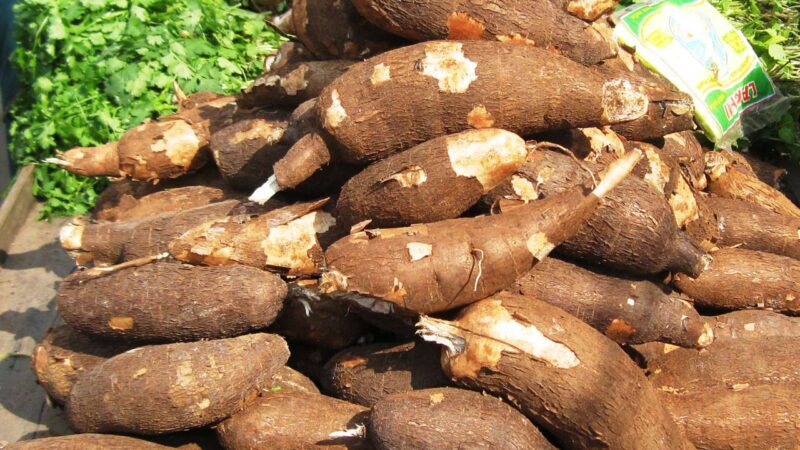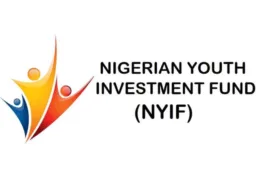The Nigerian federal government Cassava Initiative is ramping up efforts to produce pharmaceutical-grade starch locally, aiming to eliminate the $23 million annual cost associated with imports of this essential ingredient used in solid medicine production.
According to the Manufacturers Association of Nigeria (MAN), the nation requires approximately 600,000 metric tonnes (MT) of starch annually but produces only 24,000 MT, meeting just 4% of its demand. The remaining 96% is sourced from countries such as Turkey, the Netherlands, Egypt, India, and China, draining foreign exchange reserves and inflating the cost of locally consumed medicines.
Cassava Value Addition Initiative (CVAI)
The Nigeria Natural Medicine Development Agency (NNMDA), under the leadership of Prof. Martins Emeje, has launched the Cassava Value Addition Initiative (CVAI) to address this gap. Speaking during a virtual stakeholder engagement meeting, Prof. Emeje highlighted the significance of leveraging Nigeria’s position as the world’s largest cassava producer:
“The CVAI seeks to manufacture pharmaceutical-grade starch locally to curtail foreign exchange losses, reduce medicine costs, and stimulate economic growth by creating jobs.”
By promoting local production, the initiative is expected to address not only healthcare challenges but also job creation and agricultural transformation.
To ensure effective implementation, the CVAI will streamline activities across the cassava value chain, from farming to industrial processing. Farmers will be specially trained to cultivate cassava for pharmaceutical purposes. Prof. Emeje explained:
“We will designate certain farmers as centers of excellence for cassava farming dedicated solely to medicinal uses, distinguishing this crop from cassava grown for food and industrial starch.”
A comprehensive database is being developed to coordinate these activities, ensuring alignment with national economic and healthcare objectives.
The initiative faces potential resistance from stakeholders benefiting from the existing import-dependent system. To mitigate this, the NNMDA is employing a multi-faceted approach that includes:
- Scientific research to validate the initiative’s feasibility.
- Strategic collaborations with local and international organizations.
- Public engagement to emphasize the benefits of local production.
Prof. Emeje assured that these measures would address opposition, ensure compliance with health standards, and encourage industry alignment.
Joy Ayemere, from the Federal Ministry of Industry, Trade, and Investment, stressed the importance of collaboration:
“We are committed to working together to expand and strengthen this sector.”
Similarly, Segun Ladele of the Industrial Cassava Stakeholders Association of Nigeria (ICSAN) expressed confidence in the initiative:
“We support indigenous initiatives addressing local needs and are ready to contribute expertise and resources to this effort.”
Ladele also advocated for legislative backing to encourage investment and limit imports, ensuring the initiative’s long-term sustainability.
The CVAI prioritizes capacity building, particularly for farmers cultivating cassava for pharmaceutical applications. Josephine Fasekun, a Scaling Promoter at the International Institute for Tropical Agriculture (IITA), highlighted:
“This initiative aligns with IITA’s work across Nigeria and other African countries, focusing on sustainable agricultural practices.”
Trained farmers will serve as models of excellence, further strengthening Nigeria’s agricultural sector.
The initiative extends its focus beyond cassava starch to other indigenous health resources, including traditional medicine. Prof. Emeje emphasized:
“Our responsibility is to develop these methods to a level where they are more useful to our people and beneficial to the nation.”










Join our Channel...